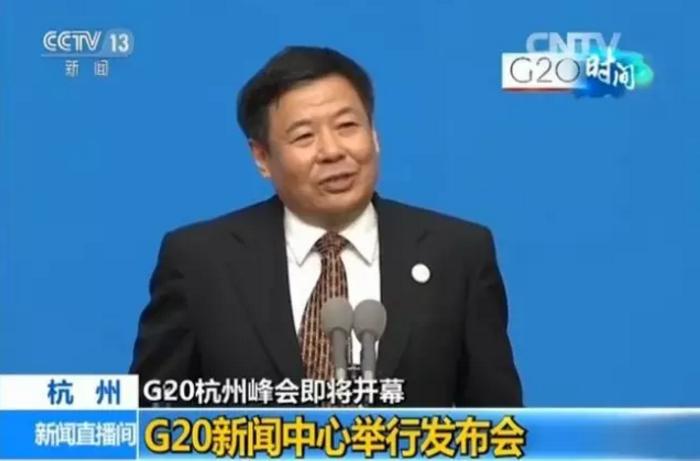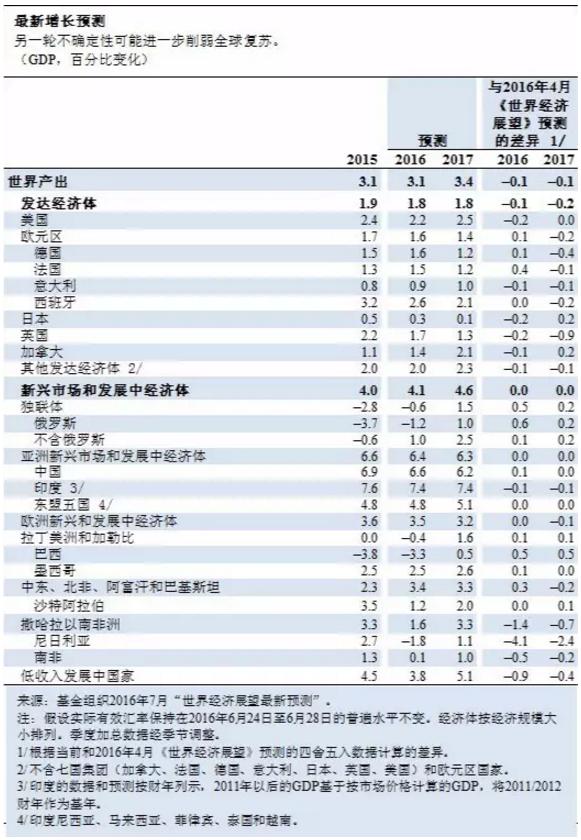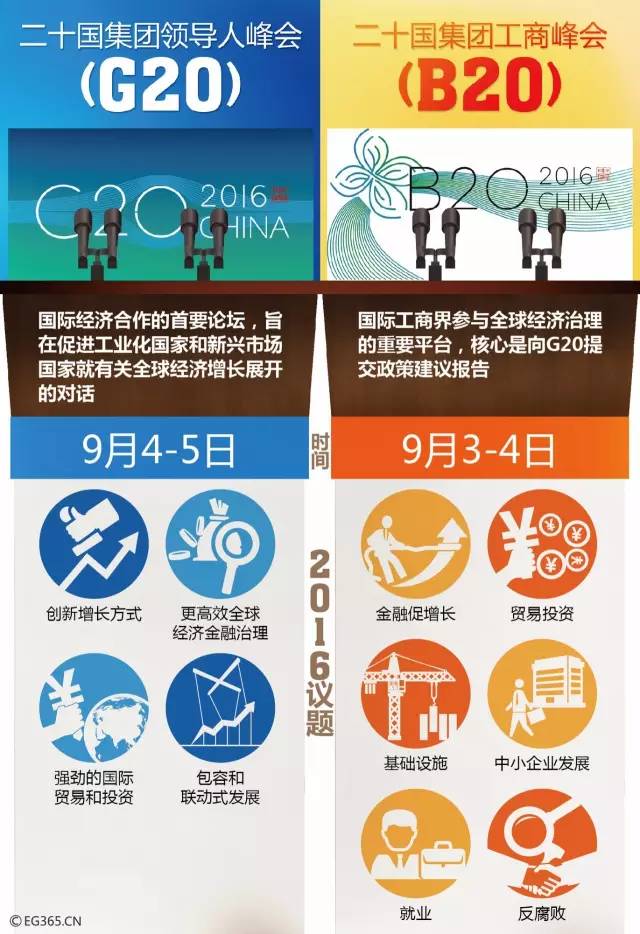The G20 Hangzhou Summit is just around the corner. At the press conference of the G20 Summit held today, the two "ones" mentioned by Vice Minister of Finance Zhu Guangyao became the focus of many media reports.

A judgment:
Zhu Guangyao said that the world economy is in the process of recovery, but the uncertainty is increasing and the downward pressure is increasing.
One explanation:
In response to international views that China’s de-capacity has affected some countries, Zhu Guangyao responded that,China is the first major economy in the world to take action to remove excess capacity, and it is also the economy with the strongest policy. At the same time, China insists on promoting capacity reduction according to market principles.For example, the establishment of bankruptcy courts is being gradually promoted nationwide.
Zhu Guangyao believes that looking around the world,The most fundamental reason for overcapacity is that structural problems are more prominent in the context of the global economic downturn.Therefore, it is necessary for the international community toForm a consensus and act togetherLess accusations, more cooperation, less empty talk and more actions on the issue of de-capacity are crucial to global economic governance.
As Minister Zhu said, the current global economy is facing the world problem of slow growth and obvious lack of motivation. However, the world economy and international economic cooperation have reached an important turning point. In this context, all parties have high expectations for the G20 Hangzhou Summit and hope that G20 can play a leading role.
So, what "prescription" can G20′ s trip to China prescribe for the depressed world economy? How will countries join hands to get out of the predicament faced by the world economy?
Cctv review
Medium and low speed growth — — The new normal of global economic operation
At present, while the global economy continues to recover, it also faces the risk of further slowdown in economic growth.

On the one hand, due to the slow improvement of total factor productivity in major economies, the weakening of the pulling effect of technological progress on the economy and the increasingly prominent institutional contradictions in various forms, the global potential economic growth rate has continued to decline.
On the other hand,Overcapacity has become a global problem, and structural problems have become the key factors that hinder the strong, sustainable and balanced growth of the global economy.
According to the latest forecast data of the International Monetary Fund, the global economic growth rate in 2016 was 3.1%, which was 2.6 percentage points lower than that in 2007 before the crisis. Low-and medium-speed growth has therefore become the new normal of global economic operation.

At the same time, the global public and private sector debt risks continue to accumulate, the growth of international trade continues to be sluggish, and the growth momentum of international investment is obviously insufficient, which leads to the narrowing of policy space in various countries. In some countries and regions, the severe and complicated geopolitical situation has also become an unstable factor in the global economy, and further pushed up the risk of global economic operation.
G20: Tackling Global Economic Challenges with Pragmatic Actions
In order to cope with the new situation and new problems facing the global economy and promote "building an innovative, dynamic, coordinated and inclusive world economy", the G20 ushered in the 11th Leaders’ Summit.

△ Hangzhou, West Lake Fireworks, the last G20 rehearsal before the West Lake was completely closed.
Leaders of G20 members, leaders of representative regional powers and heads of important international organizations gathered in Hangzhou to discuss strategies and action plans to tap the potential of economic growth and reform the economic structure, and to promote the formulation of the "Hangzhou Action Plan" to turn the global economic governance concept reached by members into "concrete actions". Because of this,Dealing with global economic challenges and promoting global economic growth with pragmatic actions has become one of the most prominent features of the G20 Hangzhou Summit.
G20: Tapping New Driving Forces for Growth
In terms of innovative growth modes, G20 pays attention to tapping new growth drivers, and promotes the formulation of innovative growth blueprints, innovative action plans, new industrial revolution action plans, digital economy development and cooperation initiatives, thus giving new vitality to the global economy and allowing people of all countries to share the benefits brought by global economic growth.
In promoting the strong recovery of international trade and investment, G20 pays attention to the liberalization and facilitation of trade and investment, and promotes the formulation of global trade growth strategy and guiding principles of global investment policy.
G20: Implementing the International Consensus on Development
In promoting inclusive and coordinated development, G20 pays attention to the implementation of international development consensus, promotes the formulation of an action plan to implement the 2030 Agenda for Sustainable Development, and supports the industrialization process in Africa and the least developed countries. The G20 Hangzhou Summit also formulated corresponding operational action plans for promoting structural reform and the early entry into force of the Paris Agreement on climate change.

B20 "Ensemble" G20 proposes practical solutions for global economic growth.
The G20′ s pragmatic actions are not only reflected at the government level, but more importantly, at the enterprise level.Through the platform of G20 Business Summit (B20), business people from all countries have put forward more practical plans for the long-term growth of the global economy, and will create a better development environment and opportunities for enterprises.
For example, in the policy suggestion report, B20 put forward a series of practical suggestions, such as implementing the G20 smart innovation initiative, developing the green investment and financing market, establishing the World Electronic Trade Platform (eWTP), promoting the integration of small and medium-sized enterprises into the global value chain, and accelerating the ratification and implementation of the Trade Facilitation Agreement. This will not only help to fully mobilize innovative resources at all levels around the world, but also allow more private sectors to join the government’s action plan; It is also helpful to lay a solid micro-foundation for G20 to solve the challenge of global economic growth.
Wen Wei, CCTV commentary special contributor Xu Xiujun
The author is the deputy director of the International Political Economy Research Office of the Institute of World Economics and Politics, Chinese Academy of Social Sciences.